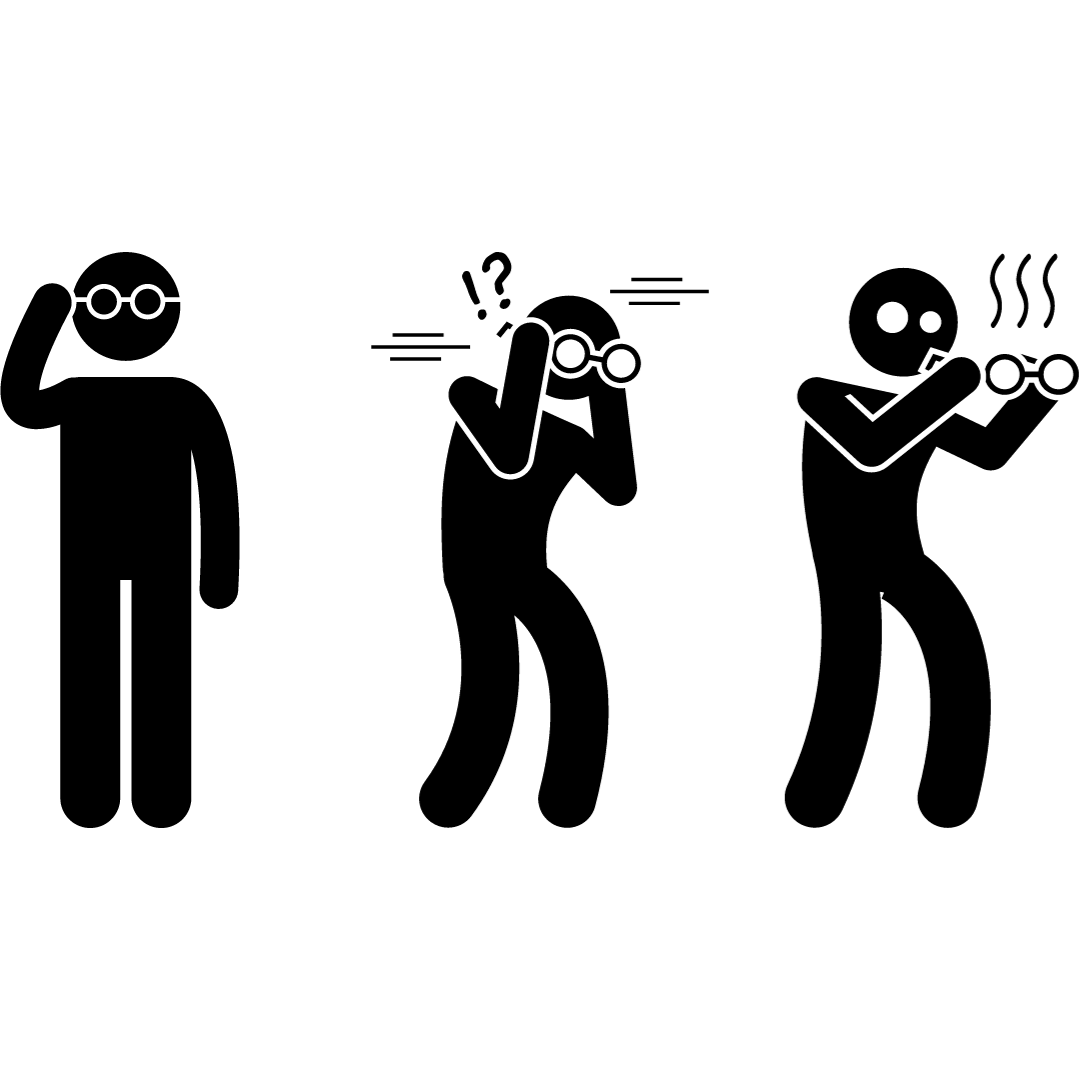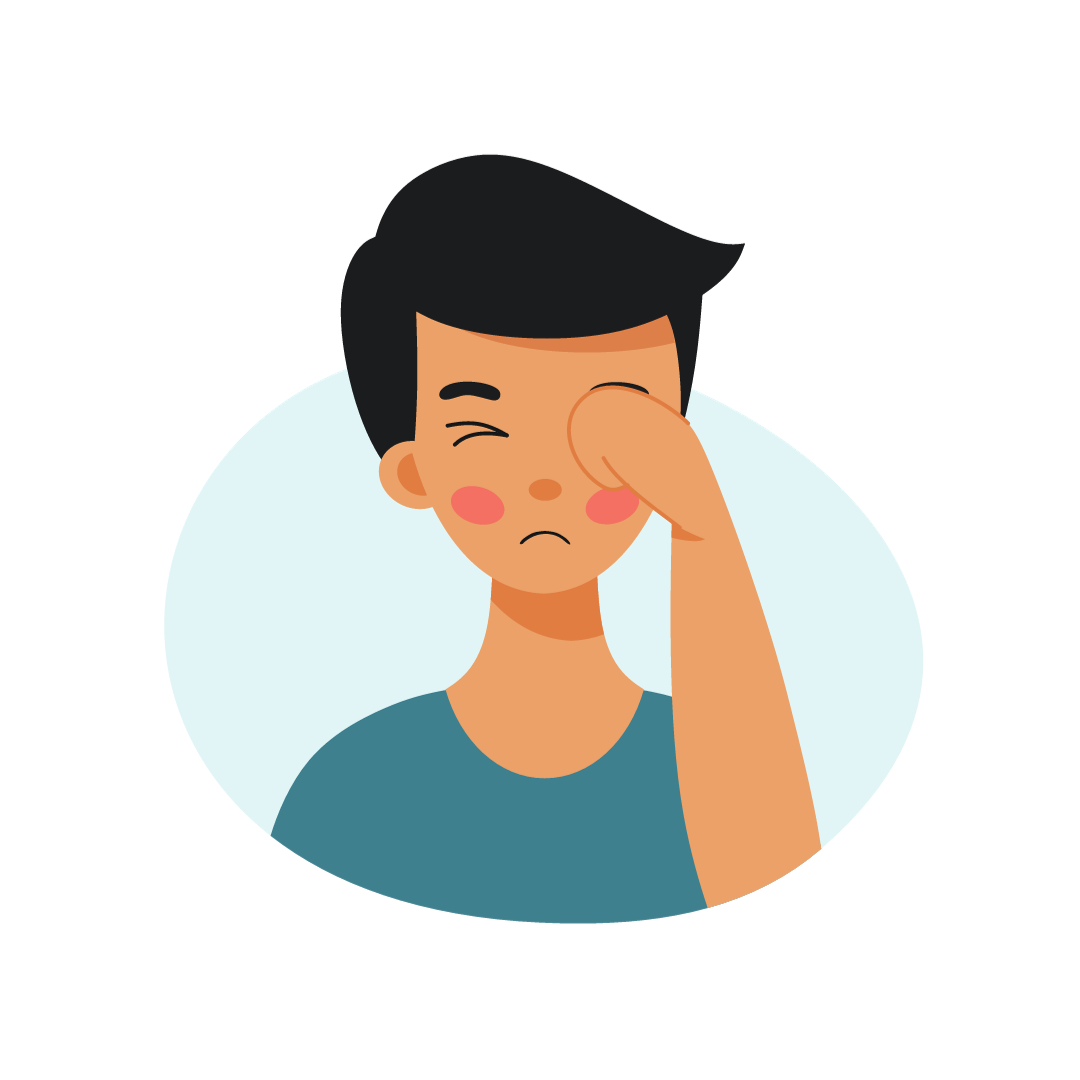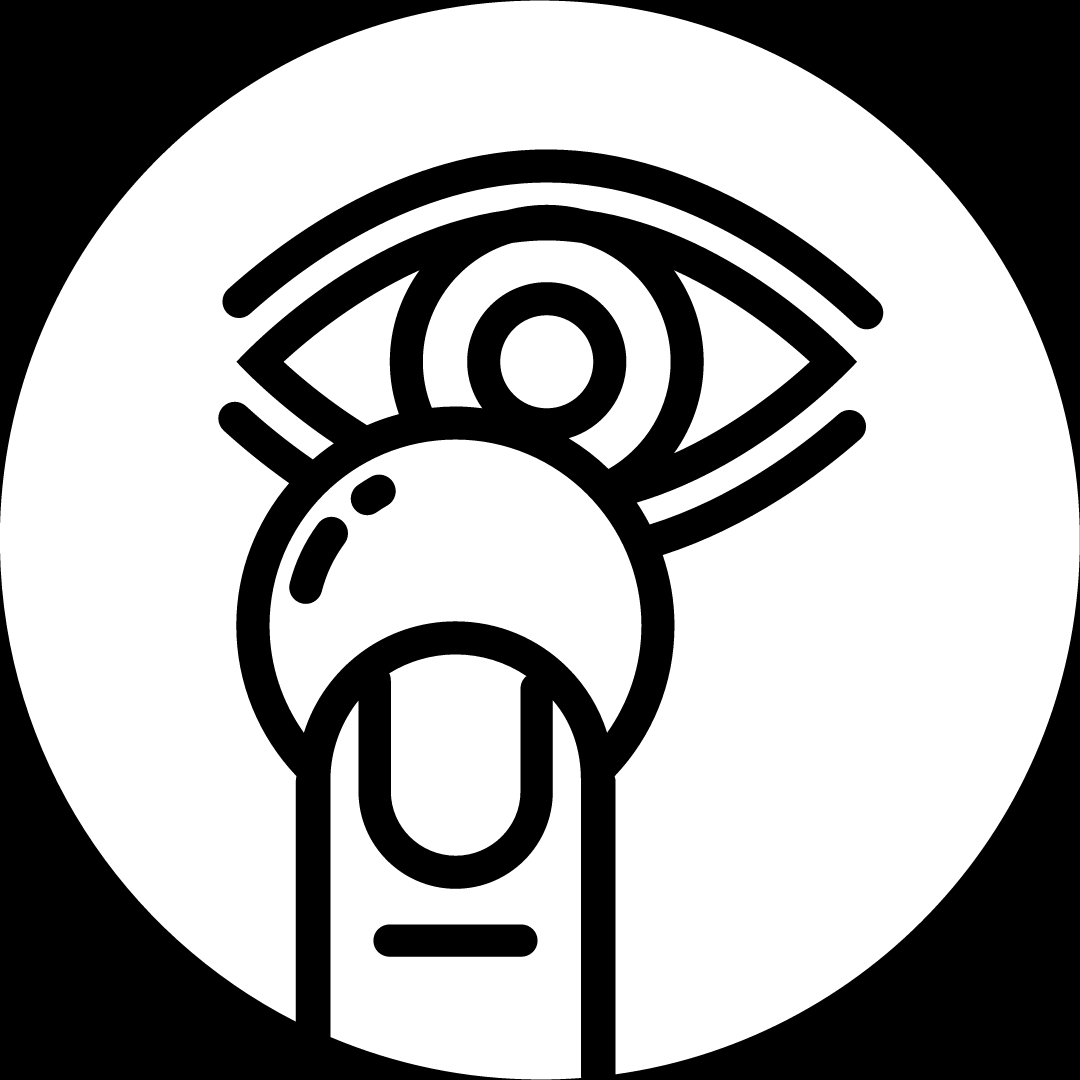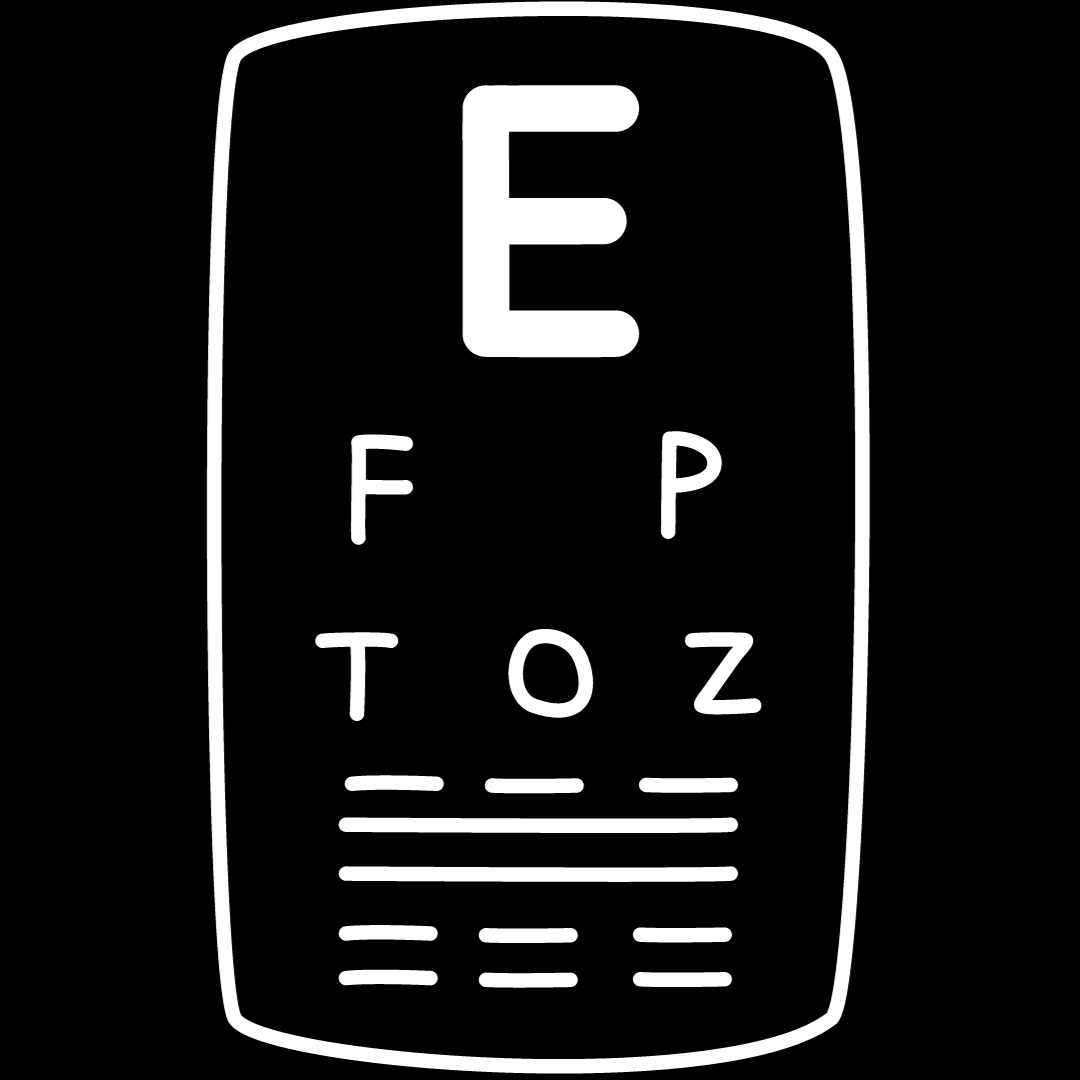National eye health week
As national eye health week comes to an end, we just wanted to share with you some common myths about eyesight, vision and eye health.
Myth: Carrots Improve Night Vision:
Fact: While carrots are rich in vitamin A, essential for good vision, eating more won't magically give you night vision. This myth likely originated during World War II when British pilots claimed carrots helped them see better at night to cover up the use of radar technology.
Myth: Reading in Dim Light Harms Your Eyes:
Fact: Reading in low light can strain your eyes and make reading more difficult and can cause headaches, but it won't cause permanent damage. It's still a good idea to read in well-lit conditions for comfort.
Myth: Sitting Too Close to the TV Damages Your Eyes:
Fact: Parents have been warning kids about this for generations, but sitting close to the TV won't harm your eyes. However, it can be a sign of short sightedness if someone needs to sit very close to see clearly.
Myth: Using Glasses Makes Your Eyes Weaker:
Fact: This is a common misconception. Glasses or contact lenses are prescribed to correct refractive errors like Short or long sightedness. They don't weaken your eyes; they help you see clearly, and your brain learns to like the clear vision. Glasses won't make your eyes "lazy" or alter their structure.
Myth: You Don't Need Sunglasses on Cloudy Days:
Fact: UV rays can penetrate clouds, so your eyes can still be exposed to harmful sunlight on overcast days. Wearing sunglasses with UV protection is essential year-round.
Myth: Wearing the Wrong Prescription Glasses Can Damage Your Eyes:
Fact: While wearing the wrong prescription won't damage your eyes, it can cause discomfort and eyestrain. It's important to wear the correct prescription for clear vision and comfort.
Myth: Eye Exercises Can Eliminate the Need for Glasses:
Fact: While eye exercises can help with certain eye conditions, like convergence insufficiency, they can't eliminate the need for glasses or contacts in cases of myopia, hyperopia, or astigmatism.
Myth: Rubbing Your Eyes Can Improve Vision:
Fact: Rubbing your eyes can actually harm your vision. It may lead to eye infections or corneal damage. If you're experiencing vision issues, it's better to consult with an eye care professional.
Myth: Staring at Screens for Too Long Can Make You Go Blind:
Fact: While excessive screen time can lead to digital eye strain, it won't cause permanent blindness. Taking breaks and following the 20-20-20 rule (every 20 minutes, look at something 20 feet away for 20 seconds) can help reduce eye strain.
Myth: Contact Lenses Can Get Lost Behind Your Eyes:
Fact: Contact lenses can't get lost behind your eyes. They are held in place by a thin membrane called the conjunctiva, making it impossible for them to slip behind your eye.
Myth: There’s Nothing You Can Do About Preventing Sight Loss.
Fact: 50 per cent of sight loss is avoidable. Early diagnosis and treatment are essential for preventing unnecessary sight loss.
Myth: An Eye Exam is Only Necessary If You’re Having Problems.
Fact: Everyone should follow a proper eye health program that includes a regular eye exam, whether or not they’re having any noticeable signs of problems.












